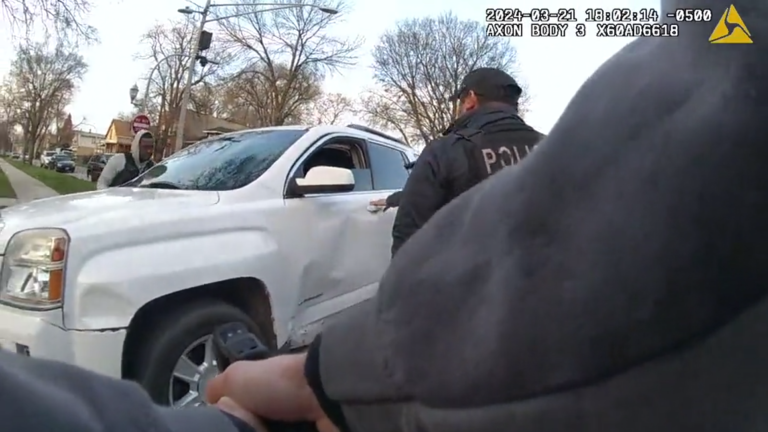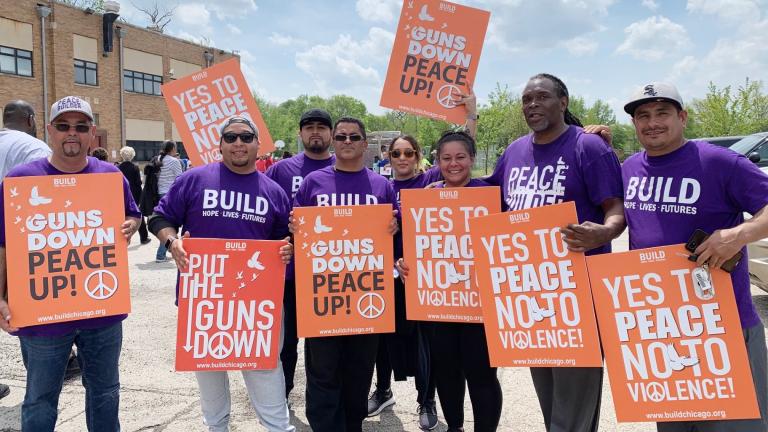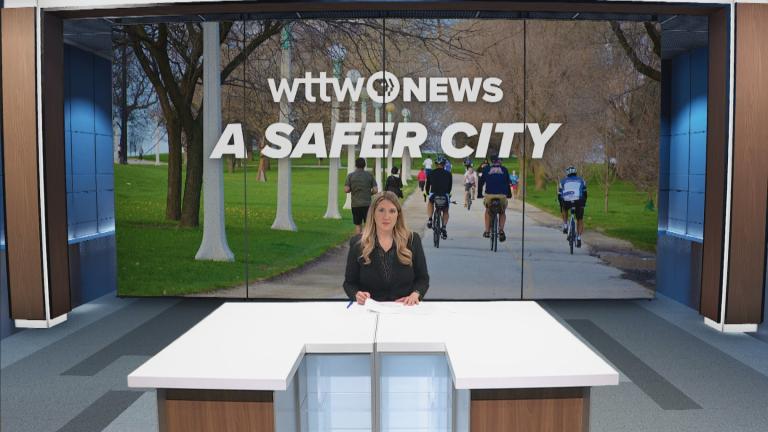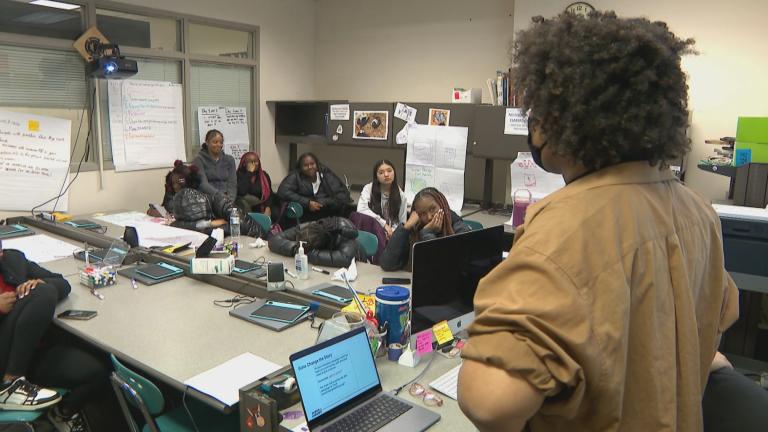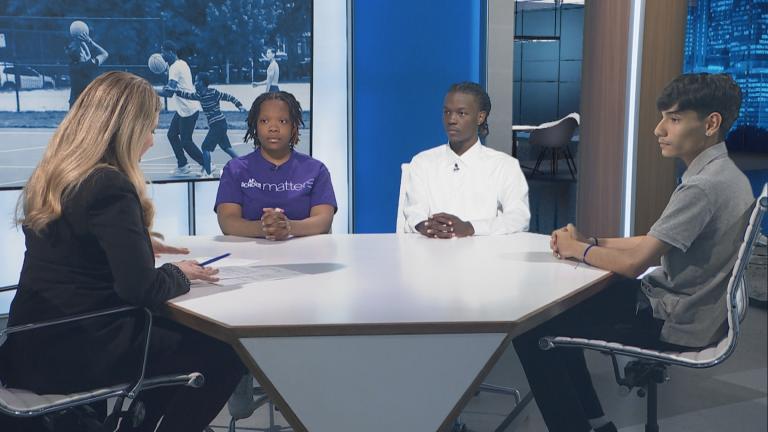Since 2019, the Chicago Police Department has been under federal scrutiny. That’s when the city entered into a consent decree, agreeing to an overhaul of its policing policies.
The court-mandated oversight was prompted by the 2014 murder of teenager Laquan McDonald by a Chicago police officer.
Five years later, the police department has only fully complied with about 5% of the requirements.
“Clearly, from the monitor’s semi-annual reports, the department is not as far along with compliance as they could or should be at this point,” says Sharon Fairley, a University of Chicago Law School professor who previously served as chief administrator of the Independent Police Review Authority. “According to the monitor, the department’s slow response can be blamed on staffing shortages, insufficient supervision, and weak data collection, management and analysis.”
“I think we are all hoping that the new city administration and new CPD leadership will address these issues because it is not just in the best interest of Chicagoans, the officers themselves stand to derive great benefits from these reforms,” says Fairley. “They deserve to be a part of a world class police organization and these reforms will dramatically improve the organization and the quality of their work.”
Marc Buslik, a 39-year CPD veteran, was the department’s liaison to the Department of Justice during its civil rights investigation. He’s now a policing consultant.
“While I was working on the DOJ investigation, I felt a positive vibe from the CPD and mayor’s office toward the development of a settlement agreement or consent decree. We were looking not just to reform what was wrong, but transform for the future,” says Buslik. “Initially, it was very much of a ‘let’s get this right for the Police Department and the community’, but over time I think they’ve been forced into thinking more about legal, or really, consent decree compliance.”
Sheila Bedi, a Northwestern School of Law professor, is more critical of CPD’s efforts.
“To say compliance has been sluggish is a deep understatement,” says Bedi. “One of the things that is most distressing is the recent survey the decree monitor did with young Black and Latinx men. The findings are just devastating in terms of how often they have negative interactions, in terms of how threatening the police are, in terms of the overall sense of being over-policed and under-protected. And that is really the measure of the consent decree’s failures.”
Robert Boik oversaw consent decree compliance as executive director of the Chicago Police Department’s Office of Constitutional Policing and Reform. He’s now vice president for public safety at the Civic Committee of the Commercial Club of Chicago. He stresses consent decrees are a lengthy process.
“Cities under consent decree around the country take 11 years to reach compliance on average. That said, CPD’s compliance with the decree is a mixed bag,” says Boik. “CPD has made substantial progress on policy development, training efforts are underway, but change is not readily apparent to residents. The challenge for incoming Superintendent (Larry) Snelling is making sure residents recognize differences in how they are being policed.”

